QuickBooks ® Upload Real-Time Payments File Invoicing
The Best Solution for Payment Processing in QuickBooks®
Today Payments is an Authorized Reseller of Intuit offering a highly robust app that supports both QuickBooks’ desktop and online customers, provide merchants with the tools they need so they can focus more time on their customers and businesses, and less time on data entry.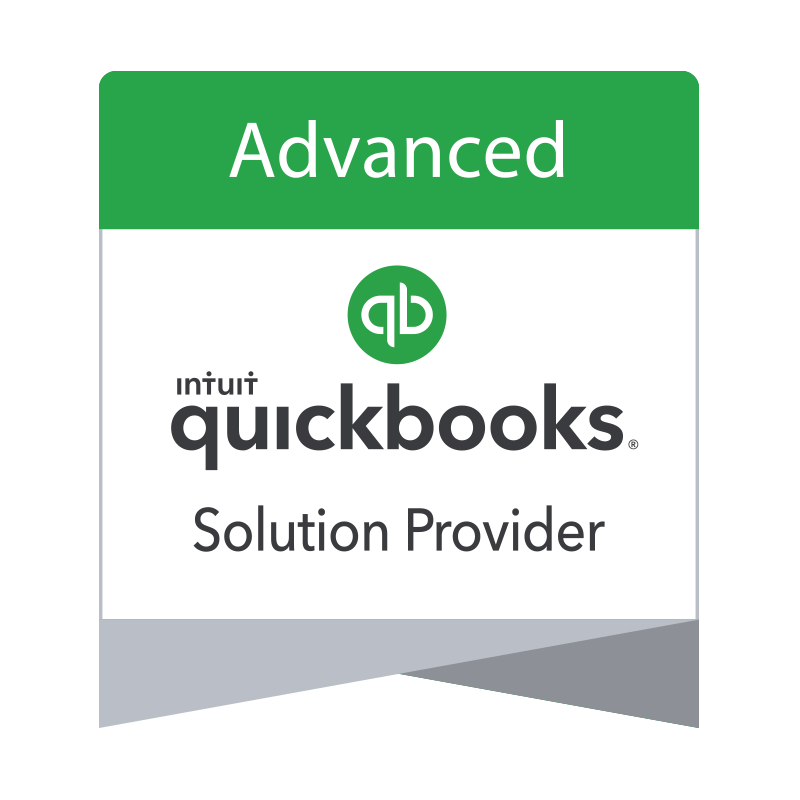
"Our Integrated payment solutions can save a typical small business owner more than 180 hours each year"
See
the features
QuickBooks® ACH, Cards, FedNow and Real-Time Payments
- Payment processing for all QuickBooks desktop, Pro, Premier, Enterprise and also QBO QuickBooks Online Our software is designed for simplicity and ease-of-use.
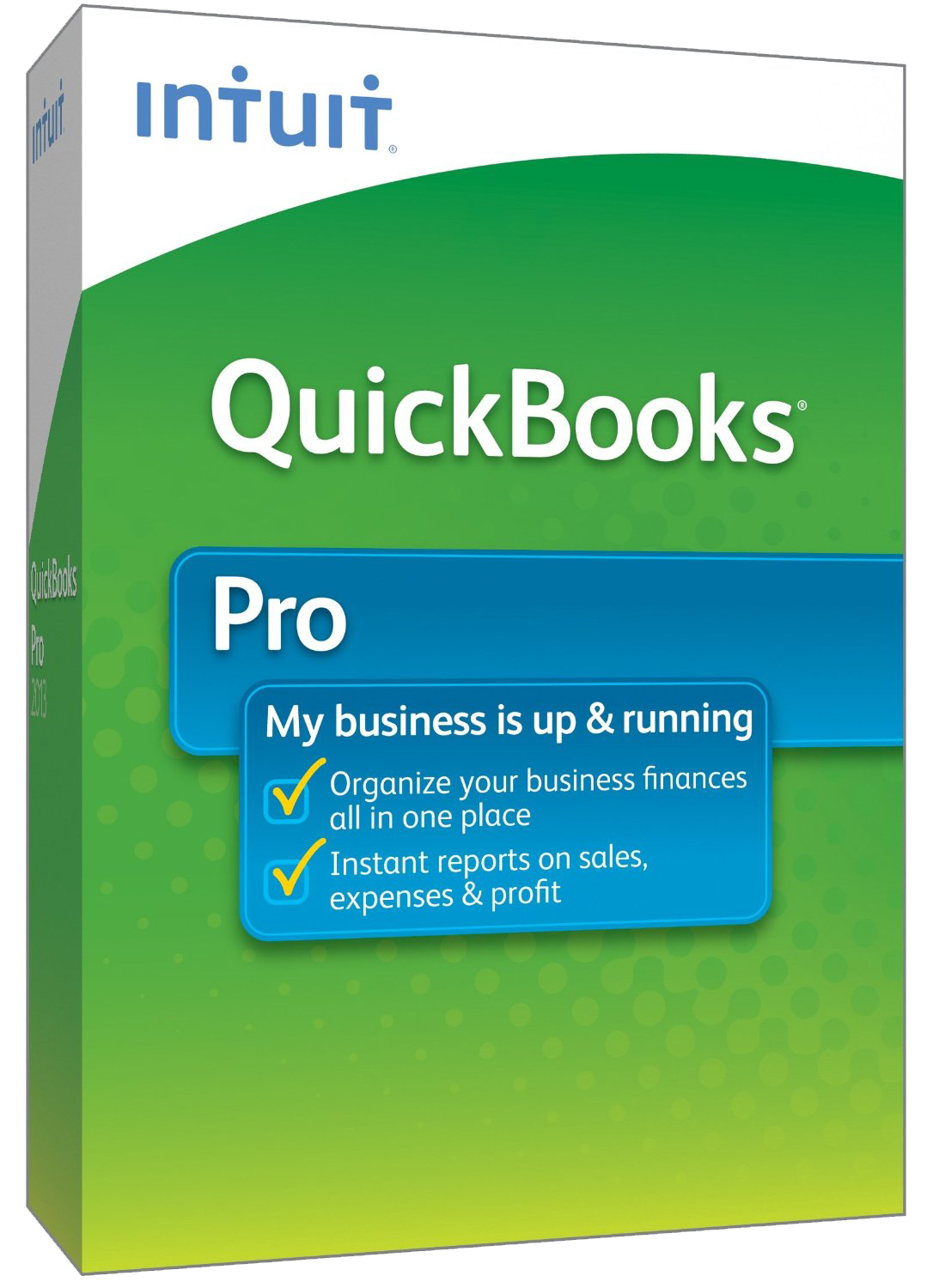
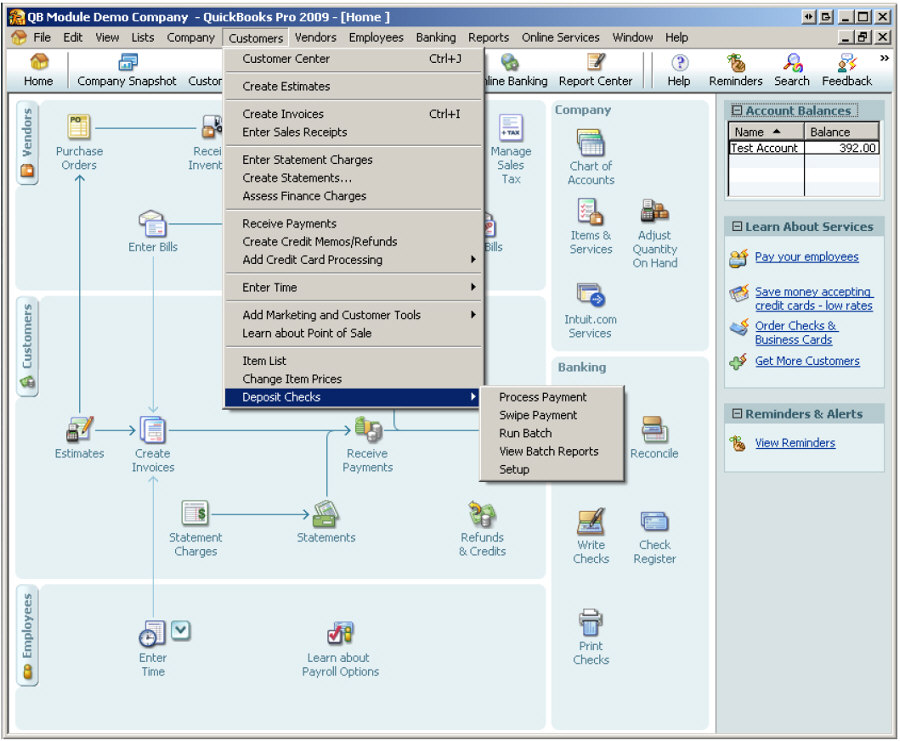
- ~ Automate Account Receivable Collection
- ~ Automate Account Payable Payments
- ~ One-time and Recurring Debits / Credits
Secure QB Plugin payment processing through QuickBooks ® specializes in the origination of moving money electronically.
Ask about our special:
Request for Payments
To create and upload a Real-Time Payments Request for Payment (RfP) file into your business bank dashboard and then download and upload it into QuickBooks Online (QBO), follow these steps:
1. Create a Real-Time Payments (RfP) File
You’ll first need to create the RfP file in the appropriate format that your bank accepts. Common formats are CSV, XML, or ISO 20022 (PAIN.013).
Example (CSV Format):
plaintext
RequestID,CreditorName,CreditorAccountNumber,DebtorName,DebtorAccountNumber,Amount,Currency,DueDate,Reference
RFP-12345,Acme Corp,123456789,John Doe,987654321,1500.00,USD,2024-09-14,Invoice-98765
Example (ISO 20022 XML Format):
xml
<Document xmlns="urn:iso:std:iso:20022:tech:xsd:pain.013.001.06">
<RfpMsg>
<GrpHdr>
<MsgId>RF123456789</MsgId>
<CreDtTm>2024-09-14T08:30:00Z</CreDtTm>
</GrpHdr>
<Rfp>
<RfpId>INVOICE-12345</RfpId>
<PmtInf>
<Amt>
<InstdAmt Ccy="USD">1500.00</InstdAmt>
</Amt>
<Cdtr>
<Nm>Acme Corp</Nm>
<CdtrAcct>
<Id>
<IBAN>123456789</IBAN>
</Id>
</CdtrAcct>
</Cdtr>
<Dbtr>
<Nm>John Doe</Nm>
<DbtrAcct>
<Id>
<IBAN>987654321</IBAN>
</Id>
</DbtrAcct>
</Dbtr>
<RmtInf>
<Ustrd>Invoice Payment - INVOICE-98765</Ustrd>
</RmtInf>
</PmtInf>
</Rfp>
</RfpMsg>
</Document>
You can generate this file manually or by using a tool such as SecureQBPlugin to integrate with QuickBooks and generate RfP files automatically.
2. Upload the RfP File to Your Business Bank Dashboard
Follow these steps to upload the RfP file into your bank’s payment portal:
- Log into your business bank’s online platform.
- Navigate to the payment section that allows you to upload payment files. This might be under "Upload Payments," "Batch Upload," or a similar category.
- Select the option to upload an RfP file and choose the format your bank supports (e.g., CSV, XML, or ISO 20022).
- Upload the file by selecting it from your computer and submitting it.
- Validate the file to ensure all details are correct (some banks offer real-time validation).
- Submit the request for payment processing.
The bank will process the payment in real-time, and you should be able to monitor the status through your dashboard (e.g., pending, completed, or failed).
3. Download the Payment Report from Your Bank
Once the payment is processed:
- Download the payment report from your bank's portal. This report will include the transaction details, including payment confirmation, amount, and date.
- The downloaded file will often be in CSV format or another format compatible with accounting systems.
4. Upload the Payment Report into QuickBooks Online (QBO)
After downloading the payment report from your bank, upload it into QuickBooks to reconcile the payments. Follow these steps:
- Log into QuickBooks Online.
- Go to the Banking section by selecting the “Banking” or “Transactions” tab in the left menu.
- Upload the file:
- Click on the “Upload transactions” button.
- Browse for the file you downloaded from your bank.
- Map the fields: QuickBooks will ask you to map the fields in the uploaded file to the corresponding fields in QuickBooks (e.g., date, amount, account, reference).
- Review the imported transactions: QuickBooks will show the transactions and give you a chance to review them.
- Categorize and reconcile the transactions: After importing, you can categorize each transaction and reconcile it with your bank statement.
5. Reconcile Transactions
After importing the file, it’s important to reconcile the transactions in QuickBooks. This ensures that the payments you requested through the RfP file are properly reflected in your accounting records.
- Go to the Reconcile section in QuickBooks Online.
- Match the payments processed through the bank with the corresponding invoices.
- Complete the reconciliation to ensure your books are balanced.
Conclusion:
This process allows you to create, upload, and track real-time payment requests from your bank while seamlessly integrating with your QuickBooks system. By using tools like SecureQBPlugin and ensuring your files are in the correct format, you can automate the payment process and keep your books updated in real time.
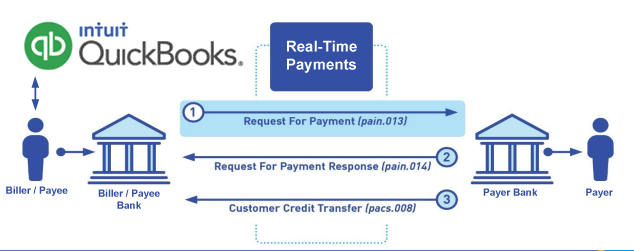
Call us, the .csv and or .xml Request for Payment (RfP) file you need while on your 1st phone call! We guarantee our reports work to your Bank and Credit Union. We were years ahead of competitors recognizing the benefits of RequestForPayment.com. We are not a Bank. Our function as a role as an "Accounting System" in Open Banking with Real-Time Payments to work with Billers to create the Request for Payment to upload the Biller's Bank online platform. U.S. Companies need help to learn the RfP message delivering their bank. Today Payments' ISO 20022 Payment Initiation (PAIN .013) show how to implement Create Real-Time Payments Request for Payment File up front delivering message from the Creditor (Payee) to it's bank. Most banks (FIs) will deliver the message Import and Batch files for their company depositors for both FedNow and Real-Time Payments (RtP). Once uploaded correctly, the Creditor's (Payee's) bank continuing through a "Payment Hub", will be the RtP Hub will be The Clearing House, with messaging to the Debtor's (Payer's) bank.
Our in-house QuickBooks payments experts are standing ready to help you make an informed decision to move your company's payment processing forward.
Pricing with our Request For Payment Professionals
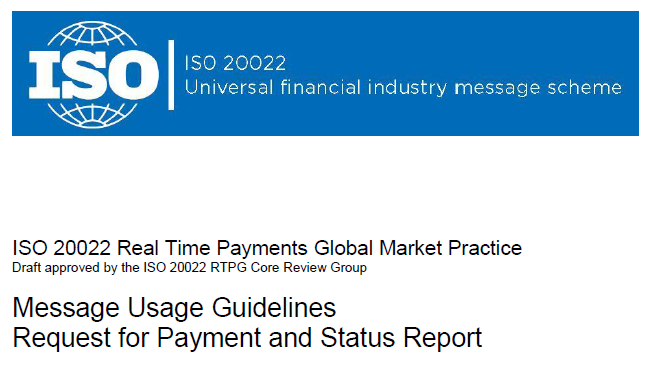
1) Free ISO 20022 Request for Payment File Formats, for FedNow and Real-Time Payments (The Clearing House) .pdf for you manually create "Mandatory" (Mandatory data for completed file) fields, start at page 4, with "yellow" highlighting. $0.0 + No Support
2) We create .csv or .xml formatting using your Bank or Credit Union. Create Multiple Templates. Payer/Customer Routing Transit and Deposit Account Number may be required to import with your bank. You can upload or "key data" into our software for File Creation of "Mandatory" general file.
Fees = $57 monthly, including Support Fees and Batch Fee, Monthly Fee, User Fee, Additional Payment Method on "Hosted Payment Page" (Request for file with an HTML link per transaction to "Hosted Payment Page" with ancillary payment methods of FedNow, RTP, ACH, Cards and many more!) + $.03 per Transaction + 1% percentage on gross dollar file,
3) Payer Routing Transit and Deposit Account Number is NOT required to import with your bank. We add your URI for each separate Payer transaction.
Fees Above 2) plus $29 monthly additional QuickBooks Online "QBO" formatting, and "Hosted Payment Page" and WYSIWYG
4) Above 3) plus Create "Total" (over 600 Mandatory, Conditional & Optional fields of all ISO 20022 Pain .013) Price on quote.
